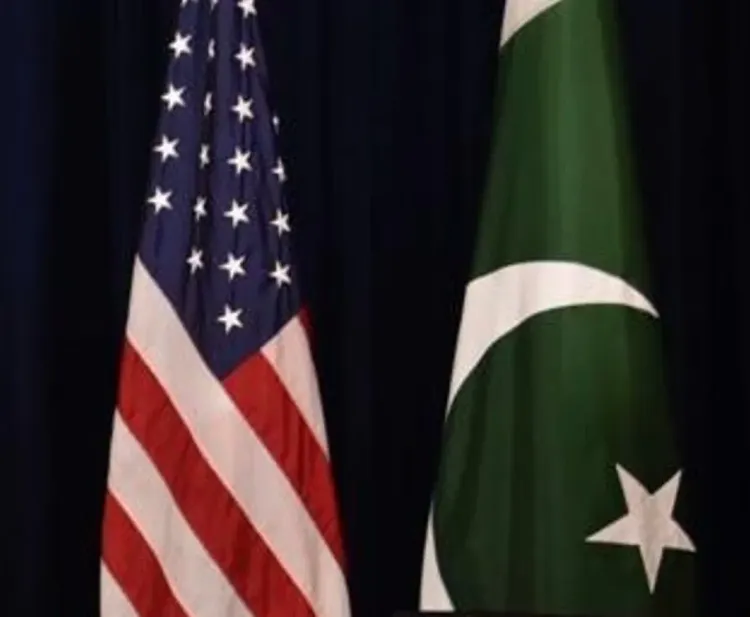Will the U.S. Face Challenges in Balochistan That China Didn't?

Synopsis
Key Takeaways
- Pakistan's minerals deal with the U.S. raises significant concerns.
- The Baloch people fear exploitation and lack of benefits.
- History shows that foreign investments in the region have faced serious challenges.
- The U.S. may be looking to secure resources amid China's dominance.
- Local consent is critical for sustainable development.
New Delhi, Aug 8 (NationPress) Following the recent minerals and mining agreement with the U.S., Pakistan might feel as though it’s in “seventh heaven.” Nevertheless, the underlying realities suggest that this arrangement could potentially exacerbate security issues in Balochistan.
The region is already plagued by violence, and both Pakistan and Chinese interests have encountered numerous challenges. The Baloch people have raised concerns regarding this new partnership with the U.S., indicating that in the long term, things may not unfold in accordance with Pakistan's aspirations.
With an increase in attacks targeting economic infrastructure, there is no assurance that any U.S. investments would remain secure.
The residents of Balochistan consistently express that developmental initiatives and agreements made in their territory never yield benefits for them. They perceive these actions as acts of exploitation, as such deals are rarely made with their agreement.
Pakistan seems to have overlooked the fact that projects like Saindak, Reno Diq, and the China-Pakistan Economic Corridor have not developed as anticipated. Consequently, there’s no certainty that U.S. investments will fare any better.
In the past, Chinese endeavors faced significant resistance and criticism. Today, the situation has escalated to lethal attacks. Such incidents have not bolstered China’s position, and despite a substantial military presence, foundational infrastructure remains undeveloped.
Since Donald Trump assumed the presidency, he has shown a tendency to align more closely with Pakistan, in contrast to Joe Biden. During a meeting with Field Marshal Asim Munir at the White House, they announced a strategic deal to tap into Pakistan's vast oil reserves. Yet, does Pakistan truly possess sufficient oil, given its status as a major importer? If oil reserves are limited, then U.S. interests may lie in the natural resources that Balochistan is believed to harbor.
The Trump administration may also aim to counter China’s dominance in the global critical mineral supply through agreements in Pakistan. The U.S. military is, in fact, the largest consumer of critical minerals, essential for operating drone fleets and advanced weaponry.
Currently, China holds a commanding lead in the global supply chain. So much so that it compelled the U.S. to negotiate and bring an end to the China-U.S. trade conflict.
China has faced substantial challenges in Balochistan. The pivotal question remains: will the U.S. also encounter similar difficulties, considering that the challenges in Balochistan are not merely logistical but deeply political? The U.S. will undoubtedly need to address the quest for self-determination among the local population, which may require employing suppression tactics.
Pakistan has yet to consider various elements related to its economic challenges. Already burdened with debt, Islamabad may accept any deal, regardless of its potential drawbacks.
In summary, while everything may appear favorable on paper, U.S. operations in Balochistan will prove challenging unless they heed the concerns of the Baloch populace.
Though the Pakistan Army might promise protection, its track record in safeguarding Chinese investments in the area does not inspire confidence.
Despite the Army's efforts to maintain order, the situation has spiraled out of control, as evidenced by numerous suicide bombings that have rendered sections of the CPEC initiative ineffective.









